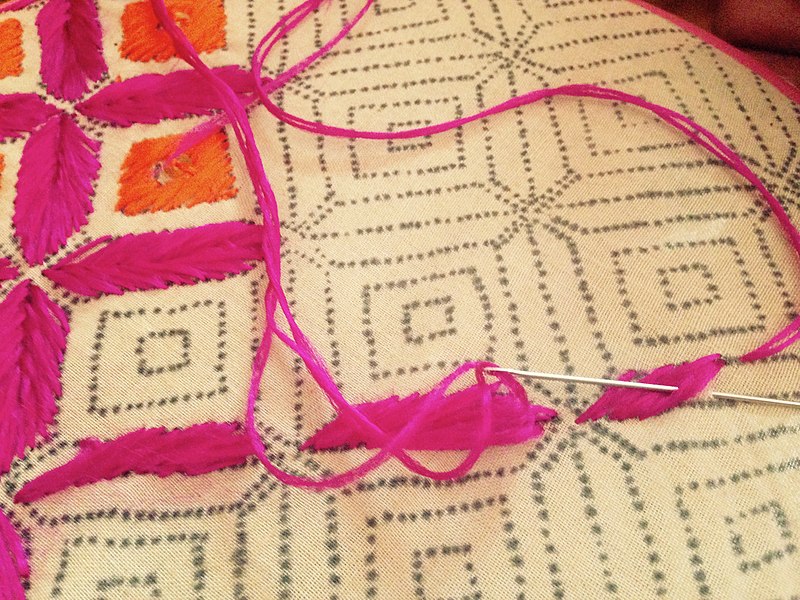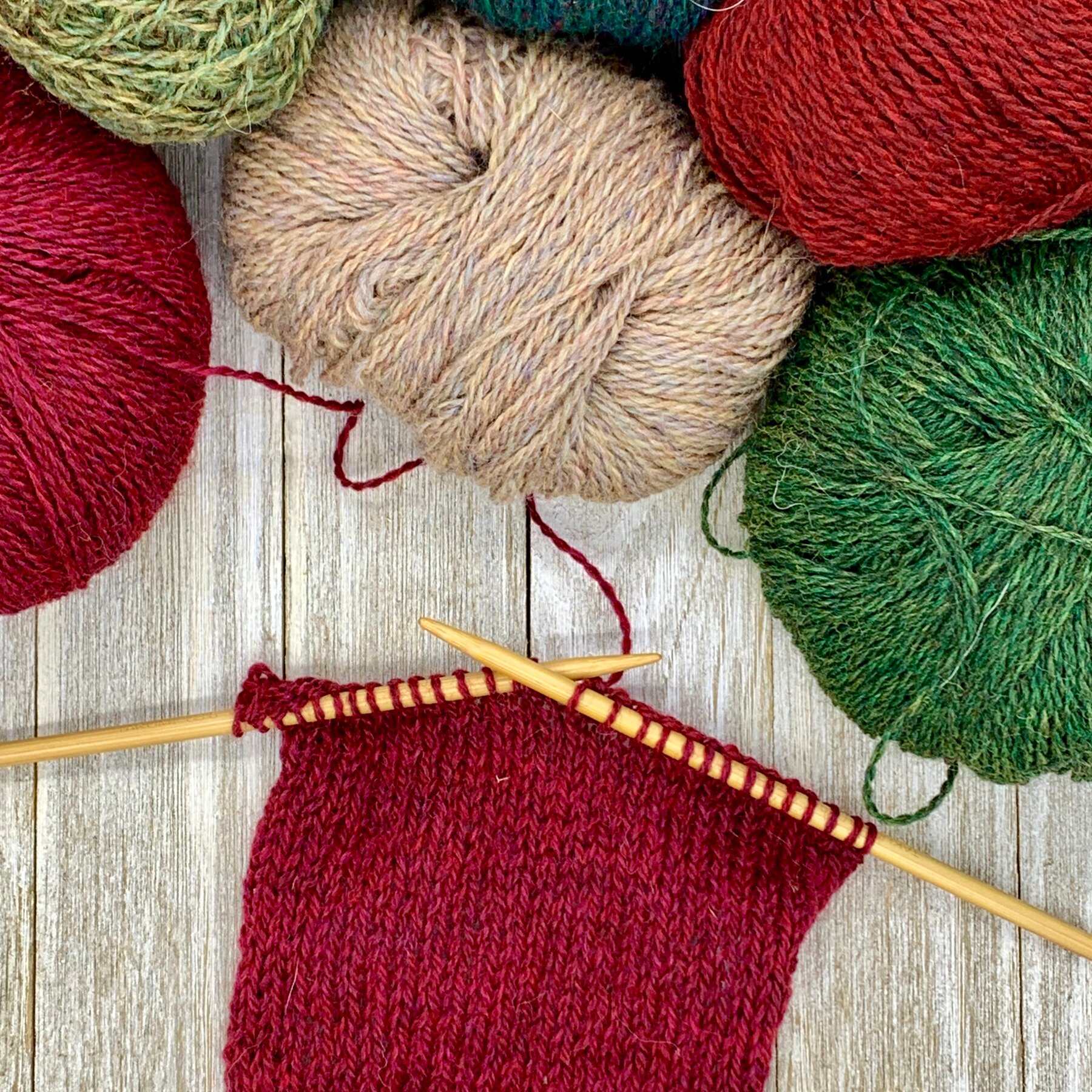Diploma in APPAREL DESIGNING |
|

|
|
|
The course of Apparel designing is an effort to develop stitching skills in an individual which would not only generate never forms of design, but also world provide a sound footage in guiding a skilled person to transform the idea into a garment. The course skills the students in stitching of kids garment like, A-Line Frocks, Formal Frock, Rowper, Night Suit. In adult wear they can learn to stitch garments like, Salwar Kamaj, Blouse, Churidar pyajami, Gents kurta Pyajama etc. The aspirants of course also learn crocting, Knitting, Basicavet Traditional embroideries with help of embroideries students can embettish their garments,there is wide range of work option after the course like, run aboutique with minor investment. Which gives them financial stability and independence in the society. They can also work with some fashion outlets boutique and several other garment export house. |
|
CROCHET
Crochet is a process of creating textiles by using a crochet hook to interlock loops of yarn, thread, or strands of other materials. The name is derived from the French term crochet, meaning 'small hook'. |
KID WEAR
The course skills the student in stitching & drafting of Kids Garment like:- A-line frock, Formal Frock, Romper, Boy's shirt & Night suit etc. |
ADULT WEAR
In Adults wear the aspirants can learn to stitch garments like:- salwar- kameez, Petticoat, Blouse, Pyjami, Lady's Nightie, Gents Kurta & Pajama etc |
BASIC EMBROIDERIES
The most basic of all embroidery stitches is the running stitch which is useful when outlining a design. To create a running stitch, begin by pushing your threaded needle upwards through the fabric. ... Create as many stitches or rows as you wish |
TRADITIONAL EMBROIDERIES
Traditional embroideries of some of the States are Kasuti of Karnataka Kantha of Bengal, Chikankari of Lucknow, Kashida of Kashmir, Chamba rumal of Himachal Pradesh, Pulkari of Punjab. The detailed explanation of the Kasuti, Kantha and Chikankarai. |
Knitting
Knitting is a method by which yarn is manipulated to create a textile or fabric; it's used in many types of garments. Knitting may be done by hand or by machine.Knitting creates stitches: loops of yarn in a row, either flat or in the round. |
Careers |
Types of Job Roles Fashion Designer |
|
|
There are a variety of employment opportunities after complition of this course
in the different sectors/industries. Some of the top sectors that are looking for dress designers and tailors and cutting skills are mentioned below:
Corporate businesses 1. MNCs 2. Consulting Firms 3. Colleges and universities 4. Garment stores 5. Textile mills 6. Media Houses |
The conceptualisation and development of intricate design details of a fabric are the work areas of a Dress designer. There are various job profiles for designers after pursuing a Dress designing course, however, taking a job will depend on your interests and skills. Following are some of the job profiles for designers that one can opt for:
1. Retail Manager 2. Dress Stylist 3.Textile Designer: |







